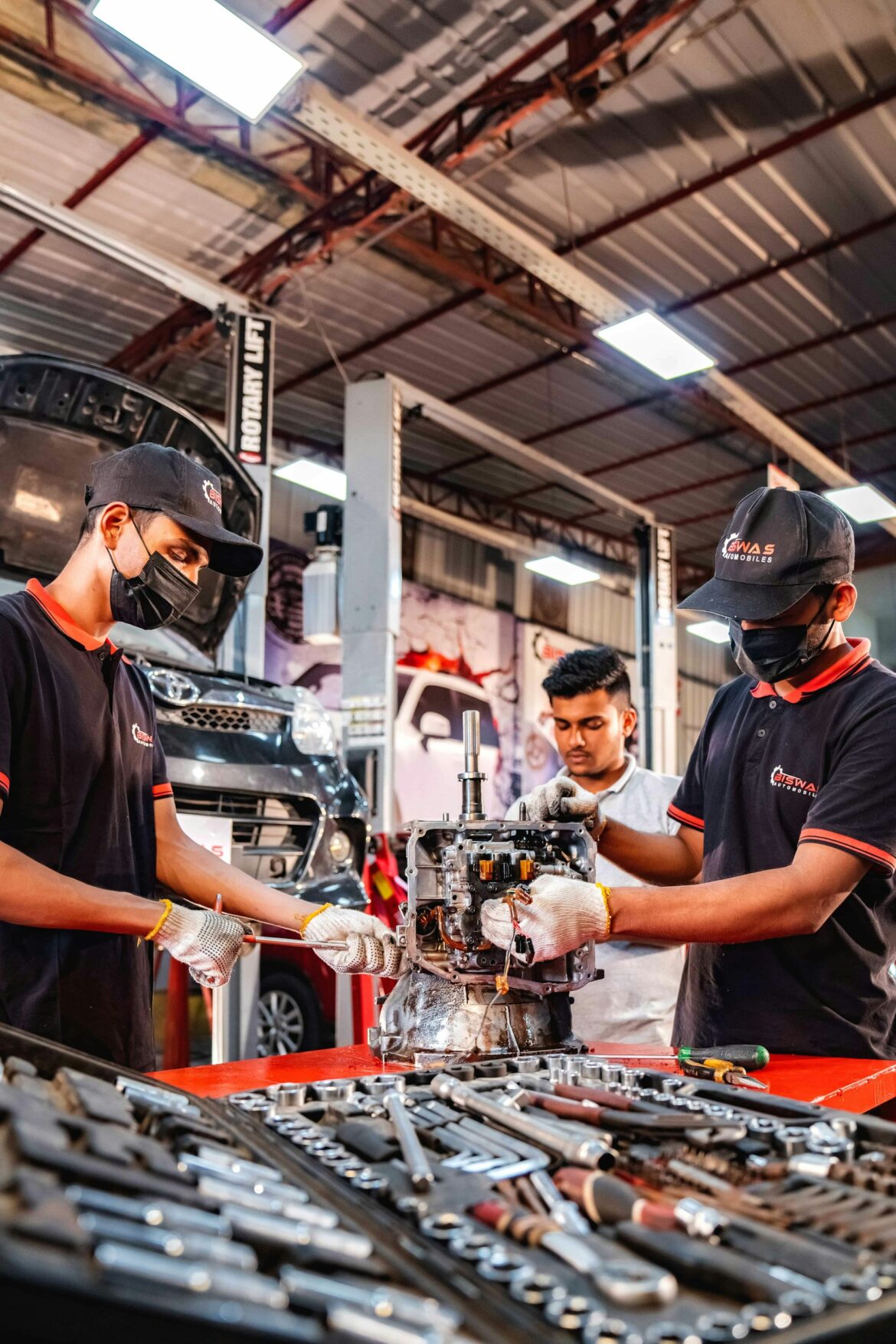Bangladesh’s automobile sector is calling for better policy coordination to overcome current challenges and unlock its full potential for growth. Industry experts and stakeholders recently highlighted the need for clearer guidelines and consistent support to help the sector navigate complex economic conditions and regulatory gaps. The automobile sector is facing a complex landscape marked by declining vehicle registrations, high import costs, and significant public transport deficiencies, according to industry discussions. These challenges have made it difficult for both local manufacturers and importers to plan long-term investments and expand their operations effectively. Despite these hurdles, the sector shows promise for significant growth. The demand for four-wheeled vehicles is expected to continue growing rapidly in Bangladesh, with a low penetration ratio of 6 per 1,000 population indicating potential for further growth. This presents a substantial opportunity for the industry to serve an expanding market of consumers. The economic fundamentals supporting growth remain strong. Sustained economic growth over the last decade has enhanced consumers’ purchasing power and affordability, leading to increased demand for consumer durables. Market projections suggest that millions of Bangladeshi families will join the middle-income bracket in coming years, creating a larger customer base for vehicle manufacturers. Local assembly operations could play a crucial role in making vehicles more affordable. Research indicates that local assembly of vehicles can reduce the overall price of the automobile industry by 15%-40% by 2025. This cost reduction would make cars accessible to a broader range of families, from middle to lower-middle class segments. The industry faces important decisions about balancing import policies with local manufacturing support. While protecting domestic production is important, experts note that maintaining healthy competition helps ensure fair pricing and quality for consumers. Finding the right balance between these priorities requires careful policy design and stakeholder consultation. Environmental standards also need attention as the sector grows. Industry experts recommend defining emission standards that will be consistent with at least Euro Standards V by 2022, with a target of harmonizing with the most stringent global standards by 2030. This long-term roadmap would help companies plan their technology investments and skill development programs. The sector’s challenges present opportunities for thoughtful policy development that can benefit both industry growth and consumer welfare.With proper backing and favorable economic circumstances, Bangladesh’s automotive industry has the potential to grow and succeed in the years ahead. With proper coordination between government and industry stakeholders, Bangladesh’s automobile sector can build a stronger foundation for sustainable growth while serving the transportation needs of its growing population.
Bangladesh Auto Industry Seeks Clear Policy Framework for Future Growth
43


